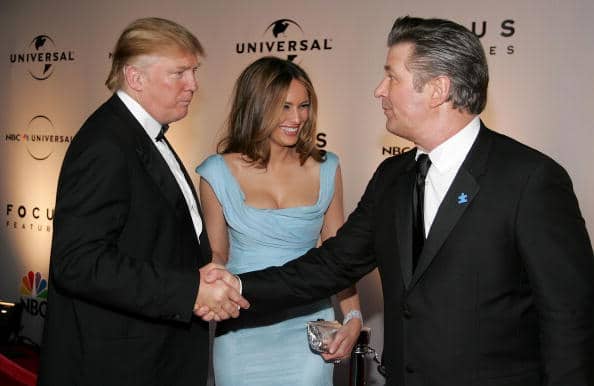A UNSW expert has looked at the role of satire in US politics, as polls begin to close and the vote count gets underway in the historic 2020 US Presidential election.
Political science expert Mark Rolfe, who is co-editing a book in which he is writing a chapter about satire and Donald Trump, says, historically, satire has been a way to express emotions like anger, contempt and fear in a safe and cathartic way. But he says a lot of political satire is “preaching to the already converted”, reinforcing opinions.
“If you’re an anti-Trump, you’ll find Alec Baldwin’s impression of Trump on Saturday Night Live hilarious, and you’ll see the joke,” Dr Rolfe says.
“But if you’re a Trump-er, you won’t see the joke, and it’ll be awful. And Trump has complained about Baldwin’s impressions of him.”
Dr Rolfe says satire goes back thousands of years, though most recognised are its modern forms from 1720s Britain and the two-party political system, which was run by ‘elites’.
“But there was also a very freewheeling political public sphere of discussion, and satire was central to it,” he says.
“And there was a corrupt elite institution with open debate going on. So that’s the place satire has occupied.”
Within the US context, Dr Rolfe says satirists like Stephen Colbert have been more effective in their use of satire when comparing Trump to previous presidents like George Washington, unlike other satirists which have depicted him as evil, as a fascist, or as Hitler.
“Trump is ultimately not presidential in the line of greats that they’ve seen. So that’s where they get high reinforcing opinions rather than converting people to the cause.”
“And context is just as important to persuading an audience. And (satirists use rhetoric) to persuade by reinforcing certain ideas within the audience,” Dr Rolfe says.
“All of [Trump’s] stuff is just old-fashioned Americanism, old fashioned American authoritarianism. You don’t need to invoke terms like fascism or Hitler to condemn it,” he says.
Dr Rolfe says while some countries have held on to the idea that proper debate can only be “rational and unemotional”, satire can be a good way to express emotions about political issues.
“I think satire through the centuries has pointed us to the fact that it is a good way to express public emotions, and not let them resort to, or lead to, violence.”



